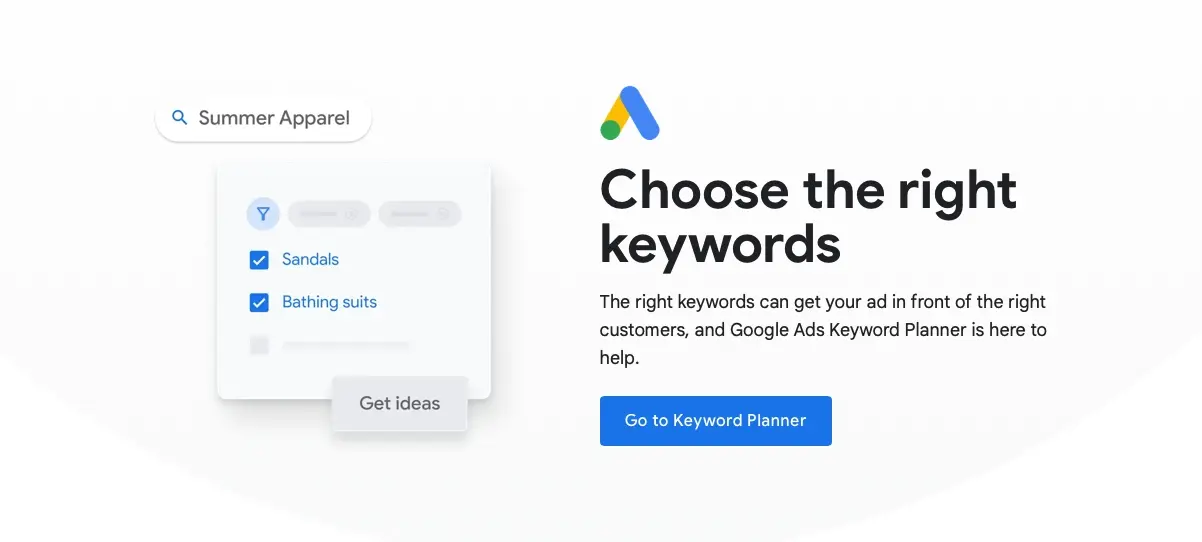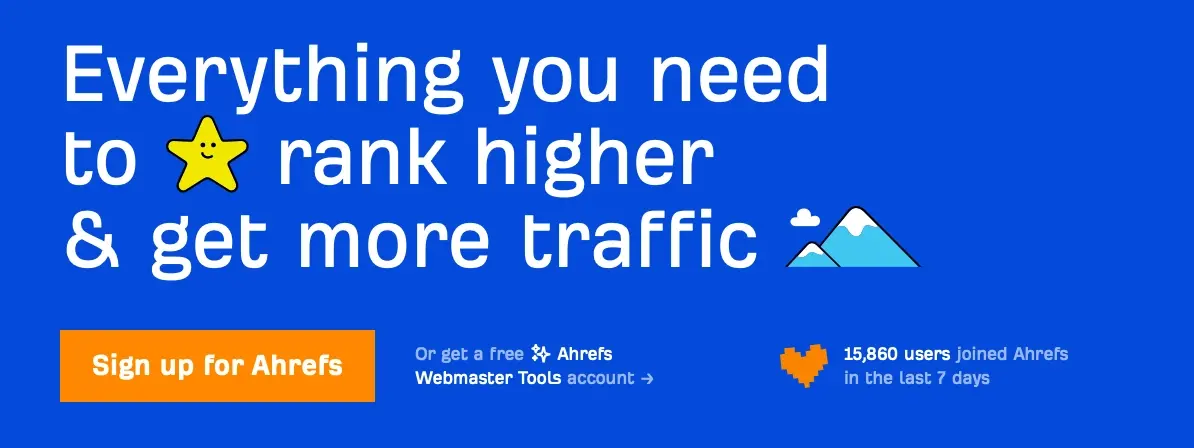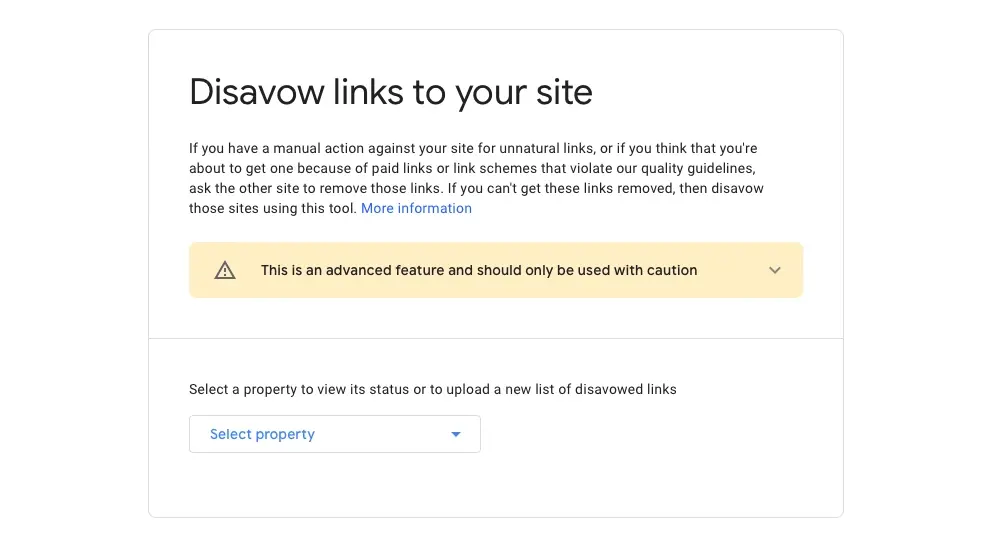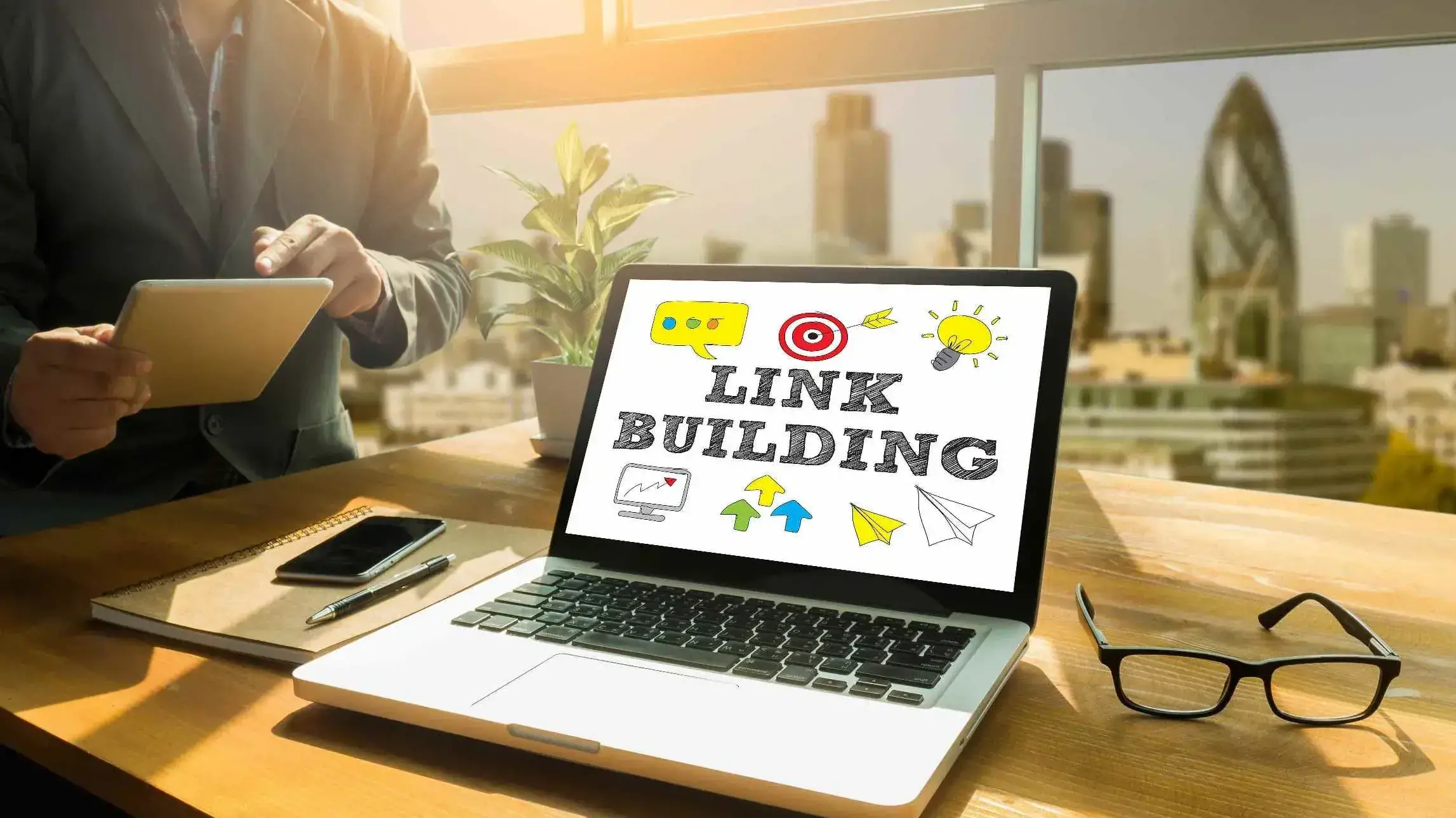To enhance your website's authority, generate organic traffic, and boost your search engine rankings, building backlinks is among the most effective strategies. Backlinks are hyperlinks from external websites that lead to your website, and they can significantly enhance your SEO performance. However, there are several types of backlinks, and their value varies.
Today, we will explain the significance of backlinks and offer a detailed, step-by-step tutorial on how to create them for your website.
Let's jump right in.
What Are Backlinks and Why Are They Important?
Backlinks, also known as inbound or incoming links, are hyperlinks from one website to another. They act as a "vote of confidence" from one site to another, indicating that the content is valuable, credible, and worth linking to. Search engines like Google, consider backlinks as one of the primary factors when determining a website's ranking in search results. A higher number of quality backlinks typically results in better search engine rankings and increased organic traffic.
The Importance of Quality Backlinks
Backlinks vary in quality. Reputable and authoritative websites provide high-quality backlinks that hold more weight and have a greater impact on your site's rankings. In contrast, low-quality backlinks from spammy or irrelevant websites can have a negative effect, potentially leading to penalties from search engines.
This guide will help you create high-quality backlinks that can enhance your website's authority and search engine rankings. We'll cover different link-building strategies, such as content creation, promotion, guest posting, and using resource pages and directories.
Step 1: Create High-Quality, Shareable Content
Before you start building backlinks, it's essential to have top-notch content on your website that people want to share and link to.
Perform Keyword Research
Keyword research is the process of finding and analyzing the search terms that people use when looking for information online. Creating content that matches the search intent of your audience can increase the chances of attracting backlinks by targeting the right keywords. Several tools are available for keyword research, such as Google Keyword Planner, SEMrush, and Ahrefs.

Take the time to study your competitors and their content to identify potential gaps and opportunities for improvement. This will allow you to create content that stands out and provides unique value to your audience.
Create Comprehensive and Engaging Content
Once you've identified the keywords you want to target, create content that is well-researched, informative, and engaging. Aim to provide value to your readers by addressing their questions, concerns, or problems. High-quality content is more likely to be shared and linked to by others in your industry, which will help you build backlinks organically.
Consider using various content formats, such as blog posts, infographics, videos, and podcasts, to cater to different audience preferences. And you should regularly update your content to ensure its accuracy and relevance, as outdated content is less likely to attract backlinks.
Step 2: Promote Your Content
Creating fantastic content is just the first step – you also need to promote it effectively to get it in front of the right people.
Leverage Social Media
Sharing your content on social media platforms like Facebook, Twitter, LinkedIn, and Pinterest can increase its visibility, drive traffic, and help you gain backlinks. Develop a social media strategy that includes regular posting, engaging with your audience, and using relevant hashtags to improve your content's discoverability.
Encourage your followers to share your content, and engage with others in your niche by commenting, sharing, and linking to their content. Building relationships with influencers and industry peers can lead to more organic backlinks and increased visibility for your content as well.
Reach Out to Influencers and Bloggers
Find bloggers and influencers relevant to your industry who could potentially show interest in your work. You can contact them either through email or their social media channels and politely ask if they would be willing to share or link your content on their platform. Make sure to explain the value of your content for their audience and maintain a professional and sincere approach in your message.
To increase your chances of success, personalize your outreach efforts and focus on building relationships rather than just asking for a backlink. Offer to share their content in return or collaborate on a project to provide mutual benefits.
Step 3: Guest Posting
Guest posting involves writing articles for other websites in your niche, with the goal of building backlinks and increasing your website's exposure. This is an effective way to build high-quality, relevant backlinks and establish yourself as an authority in your industry.
Find Guest Posting Opportunities
To find guest posting opportunities, search for websites in your niche that accept guest posts. You can use search queries like "your niche + write for us," "your niche + guest post," or "your niche + contribute."
You should also consider using tools like Ahrefs or SEMrush to identify websites with a similar target audience and high domain authority.

Keep an organized list of potential guest posting opportunities, and take note of their submission guidelines, target audience, and preferred content topics.
Pitch Your Guest Post Ideas
Once you've found websites that accept guest posts, carefully review their guidelines and submit a pitch with your proposed topics. Ensure your pitch is relevant to their audience and follows their submission guidelines. Include a brief introduction about yourself and why you're an expert in the topic you're proposing.
To improve your chances of getting a positive response, research the host website and reference their existing content in your pitch, demonstrating that you understand their audience's interests and needs.
Write High-Quality Guest Posts
When writing a guest post, adhere to the host website's guidelines and maintain the same level of quality as your own content. Include relevant internal and external links, as well as a link back to your website (usually in the author bio). By providing value to the host website's audience, you increase the likelihood of your post being accepted and your backlink being maintained.
Don't forget to promote your guest post on social media and other channels, as this can lead to additional backlinks and traffic for both your site and the host site.
Step 4: Utilize Resource Pages and Directories
Resource pages and directories are curated lists of links to valuable resources in a particular niche. If you get your website included on these pages, you can earn high-quality backlinks and increase your site's credibility.
Find Relevant Resource Pages and Directories
To find resource pages and directories in your niche, use search queries like "your niche + resources," "your niche + directory," or "your niche + inurl:links." Look for pages with high domain authority and relevance to your website.
Reach Out and Request Inclusion
Once you've identified some prospects, reach out to the website owner or editor and request that your website be included. Explain how your content can provide value to their audience and why it's a good fit for their list. Be sure to follow any submission guidelines provided by the website.
Step 5: Monitor and Analyze Your Backlink Profile
Building backlinks is an ongoing process, and it's essential to monitor and analyze your backlink profile regularly. Use tools like Google Search Console or Moz to track your backlinks, evaluate their quality, and identify potential issues or opportunities for improvement.
Disavow Low-Quality or Toxic Backlinks
If you discover low-quality or toxic backlinks pointing to your website, consider disavowing them using Google's Disavow Tool. This will prevent any negative impact on your search engine rankings.

Before disavowing a link, try contacting the website owner and requesting the removal of the backlink. If that doesn't work, then proceed with disavowing the link.
Identify Opportunities for Additional Backlinks
As you analyze your backlink profile, you may uncover new opportunities to build additional high-quality backlinks. For example, if you notice that a competitor has a backlink from a relevant, high-authority website, you might reach out to that website and propose a guest post or ask for inclusion in a resource page.
Staying up-to-date with industry trends and news can help you identify potential link-building opportunities as well. For instance, if there's a new development in your niche or a popular news story, you can create timely, relevant content and share it with websites that may be interested in linking to it.
Build Backlinks and Boost Your Website
Building high-quality backlinks is an ongoing process that requires time, effort, and perseverance. But consistently creating valuable content, promoting it effectively, and leveraging guest posting, resource pages, and directories, can improve your website's search engine rankings and drive organic traffic.
Remember to monitor and analyze your backlink profile regularly to ensure continued success in your link-building efforts. And stay patient and persistent in your link-building efforts, as it can take time to see the results. If you're just getting started with your website journey, consider securing one of our top-tier web hosting plans. Whether you require cloud hosting or hosting for WordPress, we have something for everyone.
And as your website's authority grows and your backlink profile strengthens, you'll be well on your way to achieving higher search engine rankings and increased organic traffic.
Frequently Asked Questions
Why should I create a website?
There are many reasons why you should create a website if you’re an artist. You can use it to create a place where people can learn about you, talk about your art, or show off your work.
How do I choose a design for my website?
One of the most important things when creating a website for your art is the design. Even though your pieces of art might be amazing, people will leave if your site is hard to navigate. This is why it’s important that the site is easy on the eyes and easy to navigate.
How web hosting can affect SEO?
If you choose a web hosting company that isn’t that good, your site will load more slowly for visitors. Besides providing a bad user experience for your visitors, search engines also penalize slow sites, which makes your rankings in results go down.

Brenda Barron is a freelance writer and editor living in southern California. With over a decade of experience crafting prose for businesses of all sizes, she has a solid understanding of what it takes to capture a reader's attention.
View all posts by Brenda Barron



















